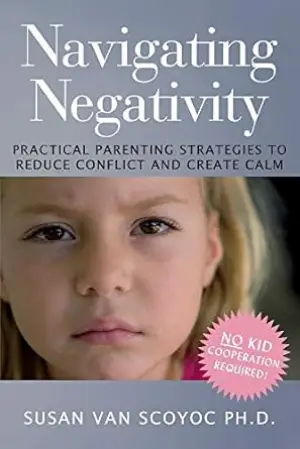I recently finished Tim Challies’ Do More Better: A Practical Guide to Productivity, a compelling blend of productivity strategies and theological insights. As someone who is constantly juggling various responsibilities—whether it be work, family, or personal projects—I found myself drawn to this book’s promise of helping me prioritize my tasks to "do more good. Better." The idea that productivity can be steeped in purpose and bring glory to God piqued my interest and encouraged me to dive in.
At just 126 pages, the book is designed to be concise yet impactful. Challies doesn’t present himself as a productivity guru but rather as a fellow traveler, sharing his lived experience amidst the noise of modern life. This lays a down-to-earth foundation that made his advice feel relatable and accessible. His opening thoughts encourage readers to focus on the great purpose behind productivity, emphasizing that it isn’t merely about cranking out tasks but about stewarding our lives for the glory of God. That was a refreshing perspective.
One standout feature is the practical application of each chapter. Near the beginning, Challies stresses the importance of understanding one’s purpose. This resonates with many, including Benjamin Vrbicek, who appreciated the simplicity woven throughout the text. Challies uses straightforward language and offers step-by-step guidance that demystifies productivity without overwhelming the reader. Many, like E., have pointed out how the book’s balance of theology and practicality creates a unique space for Christians looking to improve their productivity. The emphasis on action items at the end of each chapter encourages readers not just to absorb information but to implement it.
However, as much as I enjoyed Do More Better, I believe there are a couple of drawbacks worth mentioning. For one, the book doesn’t delve deeply into the concept of contentment and the limits God places on our productivity. Some readers might find themselves wishing for a stronger focus on these themes, which would naturally align with the Christian framework the book is built upon. Moreover, while the digital tools recommended, like Evernote and Todoist, can be incredibly useful, readers who prefer analog methods may feel slightly sidelined. The book leans toward a digital approach without providing much alternative for those who are less inclined to go digital.
Challies pairs his advice with anecdotes and insights that many readers, including myself, found to be valuable. One personal favorite was his discussion on taming email, a section that cleverly challenges our digital habits by likening them to our physical mailboxes. It prompted me to rethink how I manage my inbox and led to a tangible improvement in my routine.
In summary, Do More Better provides an engaging blend of faith-centered motivation and practical productivity frameworks. The action-oriented format gave me the tools to reevaluate how I organize my life. Readers looking for clarity in their daily tasks and an understanding of the intentionality behind them will benefit greatly. The book met, and perhaps slightly exceeded, my expectations, effectively marrying purpose and action.
If you’re a busy professional, a devoted parent, or someone in ministry, I highly recommend giving Do More Better a read. It’s a concise manual that is both profound and practical, challenging you to rethink productivity as not just a means to an end but as a calling to serve effectively. Despite some minor shortcomings, its overall message and structure make it a worthwhile addition to your productivity toolkit.
“Unlock your potential with practical strategies from Do More Better!” >>








